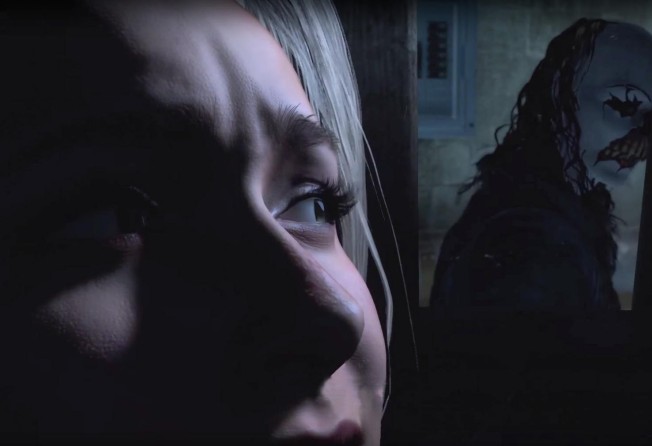
Game review: take on the horror of Sony's Until Dawn
Six American stereotypes arrive at a secluded cabin to mark the anniversary of their friends' disappearance there. You get to decide how they act and how the narrative advances. It's all very tongue-in-cheek


Like many geeks of my generation, I've got a soft spot for 1980s horror flicks. You know the ones: the cabin in the woods, the campsite in the middle of nowhere, the remote or isolated house. A group of horny teens, a crazed killer on the loose. Friday the 13th, Halloween, A Nightmare on Elm Street - but especially, The Evil Dead series.
Those movies were pivotal in creating the whole mythos behind what's now largely entrenched in our fear-ridden souls. And like the meta-madness of the brilliantly horrific satire The Cabin in the Woods a few years back, Until Dawn (Sony) is a gaming godsend to those who worship at its altar.
The set-up is delicious, a skilful blend of the simple and the ridiculous: six American stereotypes arrive at a secluded cabin to mark the one-year anniversary of their friends' disappearance in the very same spot. Sure, why else would they be there? I mean, it's not like their buddies died there in bizarrely mysterious circumstances. And it's not like you're surrounded by a morgue, a sanatorium, an old mineshaft and a ridiculous number of hostile wild animals.
It's all very tongue-in-cheek of course, and you're constantly switching between characters as they engage in cheeky genre tropes. Jealous couples fighting in the forest, sex in preposterously dangerous spots, taking a bath with headphones on, writing off extremely loud noises as "nothing".

Do you follow the tried-and-tested path of old-school horror movie predictability, or blaze a trail by being a smart little flick fan? Some decisions are slow-burn verdicts that seem significant, but have minor influence on the story. Others, such as the quick-time events that crop up when you're sprinting from some crazed killer, can seriously affect the fate of the wonderfully two-dimensional characters. You're hardly ever certain, and it's often only well down the line that your actions truly lead to consequences.
That makes replay value impressively high, especially considering the brevity - less than 10 hours - of the game's narrative. It's a running time no doubt made for easier digestion by movie fans, but gamers also get their dues in the essential mechanics: classic releases such as Resident Evil and Silent Hill receive well-deserved shout-outs through awkward camera angles and finicky controls, as well as wonderfully atmospheric lifelike graphics that play heavily on moody lighting schemes.
It all adds up to a seemingly clever and complete package, the kind of thing that keeps you constantly grinning for the first couple of hours as you notice nods and test the homage-filled waters. But like many a so-called modern horror classic, things slightly seem to fall apart in the drearier, plot-driven second half, when night turns to dawn. The story begins to contradict itself, and the initial highs seem all the much lower as the layered narrative begins to unravel.
Dawn never completely collapses under its own weight - admittedly, it is hard to sustain such a crafty concept and brilliant opening - but to say that the game ends on more of a whimper than a bang is putting it lightly.
Obsessive video game fans will harp to the death about the specific merits of their preferred medium over its nearest audiovisual narrative competitor, movies. But every so often, we'll begrudgingly admit that without a legend to guide a game - without well-worn traits and characteristics to draw upon - the offerings sometime feel stale and a little bit empty.
Until Dawn sidesteps all that by cunningly borrowing elements that have been appropriated numerous times before. And for the most part, this borrowing works well, acting as a bridge between the worlds of games and film.